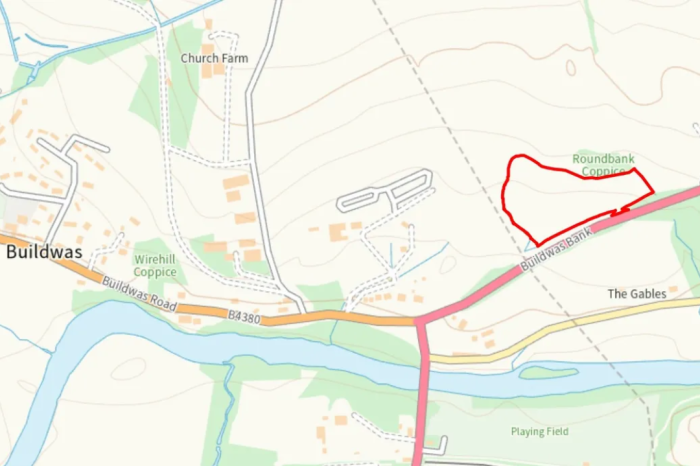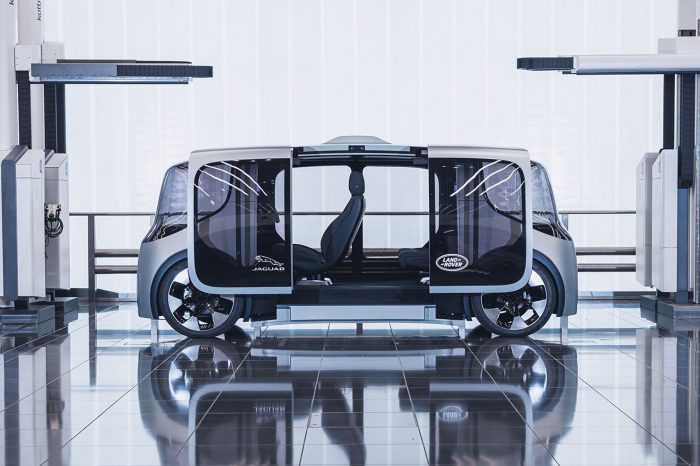West Midlands 5G testbed wired for success in 2020

With a government grant and matched funding of £50 million, the West Midlands 5G project (WM5G) has an ambitious remit to accelerate 5G network rollout by providing a testbed for new 5G services. Here we take a look at how the project will benefit the people, businesses and public sector in the West Midlands…and beyond.
Announced in 2018, funding for the project comes from the Department for Digital, Culture, Media and Sport (DCMS), the West Midlands Combined Authority, Local Enterprise Partnerships and industry. An additional £25 million will be available at a later stage.
To run the project the organisation has recruited some senior personnel from the mobile industry with Igor Leprince and Robert Frank the Managing Director. Both are mobile industry veterans, with experience from Nokia and O2.
The main aim of the project is to simplify the roll-out of 5G so that the network operates quickly, cheaply and consistently. To make this happen, the project has been working in close partnership with local authorities, phone operators and fibre providers to put in place a common framework.
The seven West Midlands local authorities have also each appointed a Digital Champion and digital coordinator to meet on a monthly basis and ensure project success. An example of which is in Wolverhampton, Walsall, West Bromwich, and Dudley with EE switching on 5G in the Black Country in November and Solihull in December 2019.
As the core funding comes from the DCMS, culture and sport feature heavily in the 5G project. Coventry is the UK City of Culture next year and will host part of the Commonwealth Games 2022, with the WM5G project working with digital champions and mobile operators to transform these two events with 5G.
The WM5G project spans three specific areas – mobility, manufacturing and wellness. In terms of mobility, automotive will be the initial focus since and road transport accounts for the largest number of passenger journeys across the region.
WM5G is running a series of competitions with Innovate UK to find exciting private sector organisations that can develop 5G travel services. These could be, for example, systems to help find parking spaces or decide between using public transport or own cars.
In terms of manufacturing, the Worcestershire 5G trial has demonstrated the use case of predictive and remote maintenance and aims to extend this use case to both large manufacturers and SMEs. The team has run 5G factory trials at Bosch and machine tool builder Yamazaki Mazak, and will look at how to apply what they’ve learned in these businesses further afield.
The 5G Alliance and WM5G hosted a workshop at the Ricoh Arena in Coventry recently with manufacturing organisations from across the region learning about 5G, while the project looked to identify those from the manufacturing sector that are keen to be part of the 5G testbed.
Looking after the health and wellbeing of the people in the West Midlands is one of the major objectives for WM5G. Work with the university hospitals NHS Foundation Trust and BT showcased the potential of technology for diagnosis in the community, in care homes and ambulances. Such use of 5G can ensure that patients are transferred to the appropriate specialist and that they avoid a hospital visit.
WM5G has ambitious plans for companies that want to develop new and innovative 5D products through a special accelerator that will be housed in a building with a private 5G network. Scheduled to launch in March 2020, WM5G aims to work with at least 500 businesses and public-sector organisations to create innovative 5G solutions.
The West Midlands is the perfect place to build a 5G network to benefit the region, while developing products that can be used to drive exports as it provides use cases that can be turned into commercial propositions.



